Featured 2

freepik
NGOs are neither government organizations nor private ones. Unlike government organizations with coercive powers and private organizations with profit motives, they are ones with soft power for realization of socio-economic objectives like relief and rehabilitation, community development, financial inclusion, human rights, environmental development, education, health and so on. Neither profit motive nor coercion can go to full extent to move the mental wheels of people engaged for realization of such types of objectives. NGOs have to depend on positive motivations to oil people's mental wheels by leaders with competencies of soft power.
Organized human activities pursuant to realization of predetermined objectives of all types of organizations are not fully free from dangers of interest, value and belief conflicts. Organizations have their own strategies to manage conflicts for integration of their people into the organizations to ensure peace necessary for desired performance. Large organizations-public as well as private-have the institutional arrangements in the light of laws of the land, rules, regulations, procedures, etc. Industrial relations in Bangladesh and elsewhere are regulated by their relevant laws. For example, interest of labor for adequate compensation may not coincide with that of management and capital. So there lurks danger of interest-conflict to be fixed by collective-bargaining.
Phenomenal growth of NGOs and their activities in Bangladesh since the dawn of liberation war in 1971 is unique. Immediately after the birth of a nation, the government as well as people wanted to erase the stigmas of poverty and backwardness in months and days. Poverty was rampant estimated to be 80 per cent below the poverty line. This was a huge challenge facing the nation. NGOs-international and local-worked hand in hand to help government and people with relief and rehabilitation support. Gone are those days. Over the years, there have emerged sustainable systems for many a NGO activity in Bangladesh. Brac is now the world's largest NGO and ASA is a giant micro-financer to be recognized by Forbes. CDIP and many other national and local NGOs have been making their presence felt particularly for sustainable human development.
With divergent interests prevalent in private as well as public sector profit-motive organizations, intra-organization human relations are viewed through the lens of pluralistic paradigm. Accordingly conflict-resolution ways and means between labor and management are arranged according to relevant laws for them. Unlike pluralistic paradigm, NGOs have been functioning with unitary paradigm. It is perceived that there is no heterogeneity of interests of the people working in NGOs. Paradigm is a matter of belief and the fundamental way one looks at things around them. The close synonym may be worldview. Viewing through the lens of the pluralistic paradigm, human labor in production is no more than inanimate production factors (object). But in the beginning, NGOs did not draw a line of difference between labor and management, perhaps keeping in mind that human dignity must pervade throughout the whole gamut of organization. Sir Fazle Hasan Abed Bhai and Dr. Zafrullah were brothers to all. No explicit superior-subordinate relationship.
Traditionally labor is viewed as simply a factor of production like land, capital, organization, etc. Labor is no more than object. It is understood that people working in successful NGOs are to be more value-driven than money-driven and influenced by unitary paradigm-a worldview that values people working at the front are aligned with those of management. There is absence of schism between management and front-line people; all are working pursuant to empowerment of those who are helpless, excluded and lacking access to many a constraining institution in the society.
So, it is the management people who must transform themselves first to transform their followers in the organizations to put their best for the realization of organization's developmental objectives like their predecessors. In their worldview, the micro-credit surpluses should not be viewed as profit of profit-motive organizations. Rather these surpluses will go for beneficial activities of those who contributed toward creation of the surpluses.
In relation to this unitary paradigm, critically important factor has been the leadership. It has been found that leadership mattered most in institutional development. Early legendary NGO leaders and their followers in Bangladesh during seventies of the last century were in quest of devising more appropriate ways and means of empowering the poor, marginalized, disadvantaged and excluded people. Brazilian thinker Paolo Frere's Pedagogy of the Oppressed provided them with food for thought. It has been said in his book that any relationship of domination, exploitation, suppression and oppression is violence which tends to dehumanize people. He argued that prevailing worldview in the society and education was responsible for continuation of deplorable condition of the poor and excluded people and their dehumanization. He suggested to adopt subject to subject relationship replacing traditional subject to object relationship by the animators in the course raising the critical awareness of the excluded poor people for development.
Critical thinking of the leaders with their followers coupled with the gained insight enabled them to transform in order to carry out the mission of releasing the prisoners of poverty in Bangladesh. The journey was rough and beset with so much of challenges. Now the NGOs have their strategies and policies, structures, systems, styles, skill, staff and so on. These elements of organization and management are there in profit-seeking pursuit of commercial organizations too. The better these are in them; the end result is profit-maximization and more dividends to the shareholders.
The objectives of NGOs are different and oriented toward development and empowerment mostly of the left-out people in the society. So, present NGO leaders must not forget the missionary zeal and innovative approach of their early leaders to quicken the process of human liberation (sustainable human development). In their relations and communication with all in the organization, they should do the needful for conflict-free unitary paradigm to prevail. Every decision and action by them should be in the light of justice and equity to keep all satisfied, satisfactory and committed to goal/objective realization.
The writer is columnist and Vice Chairman of CDIP






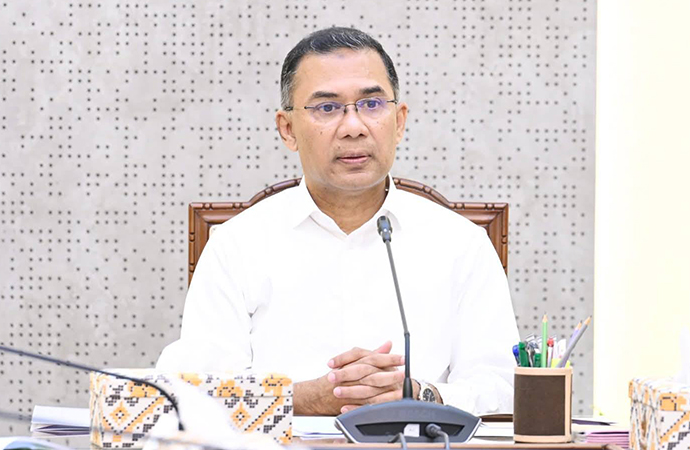
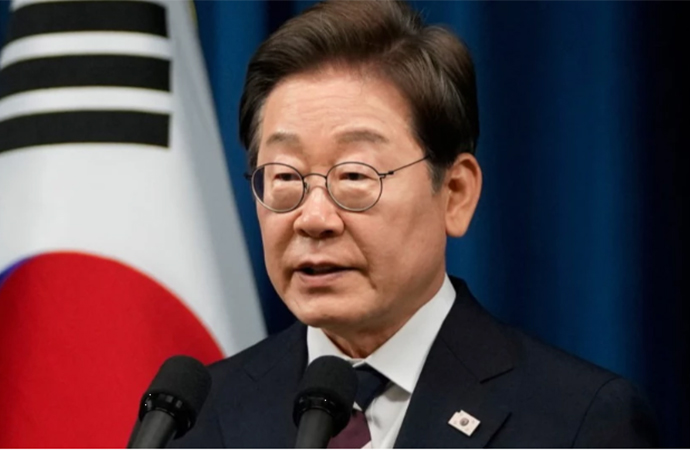
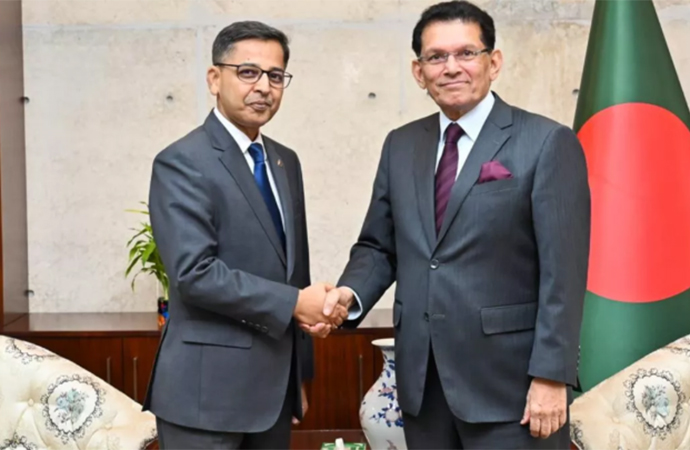
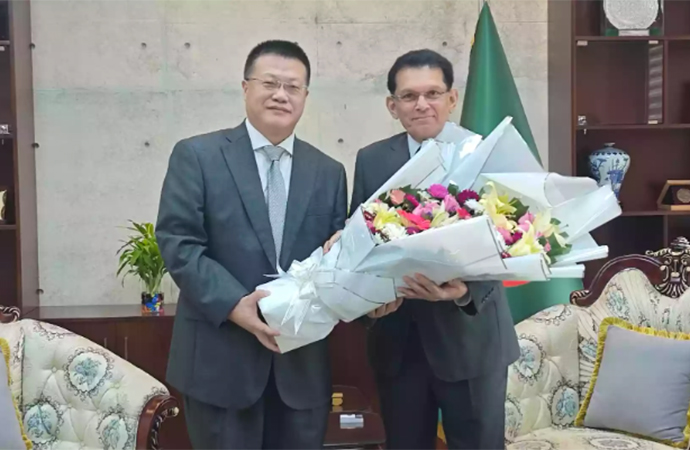
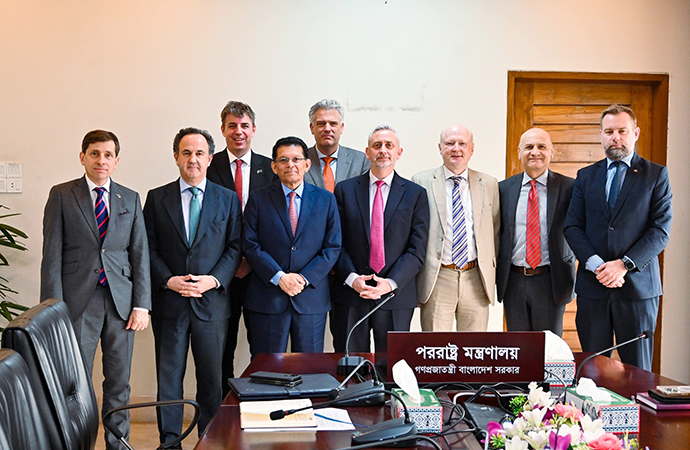
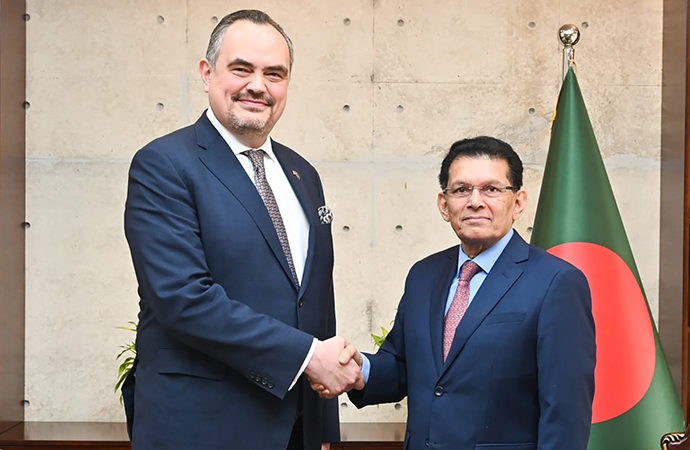













Leave a Comment
Recent Posts
Bangladesh’s first drought-res ...
In a groundbreaking development for Bangladesh’s agriculture, Ga ...
US and Iran hold another round ...
Iran and the United States were holding another round of indirect talk ...
An early hiccup for the new government?
Japan invites PM Tarique, eyes cooperation with Bang ..
Bangladesh to achieve sustained growth, prosperity u ..
Dhaka indicates ‘forward looking, balanced partnersh ..